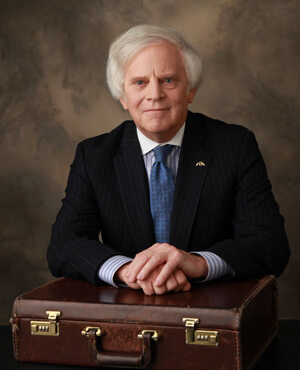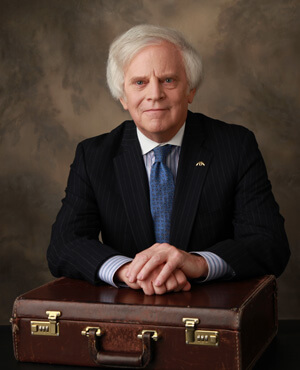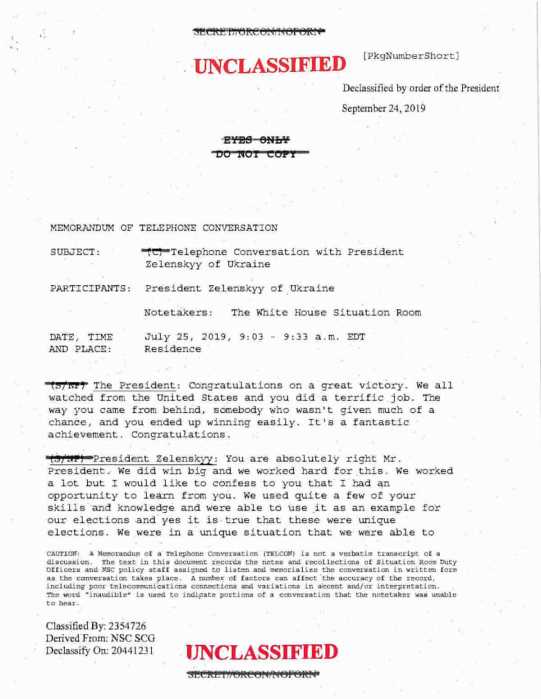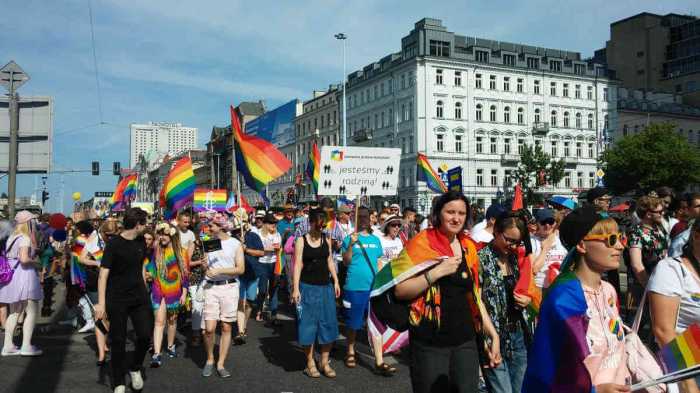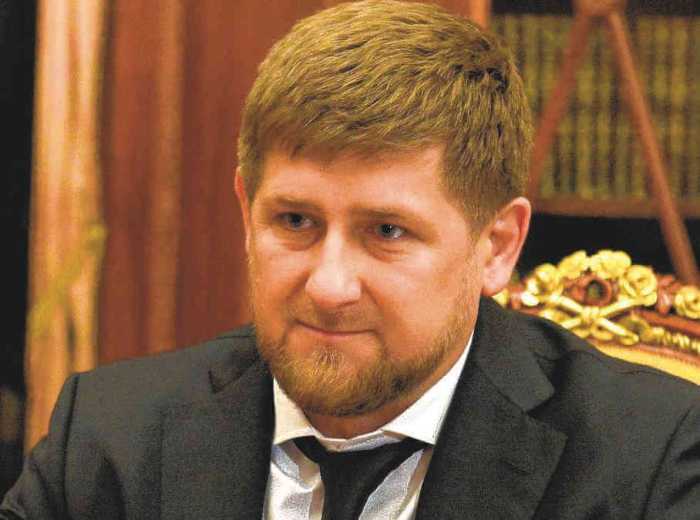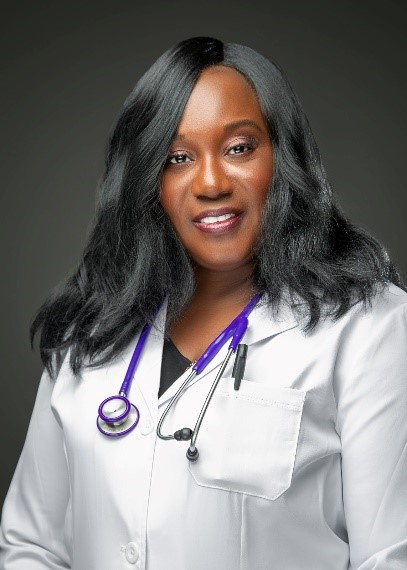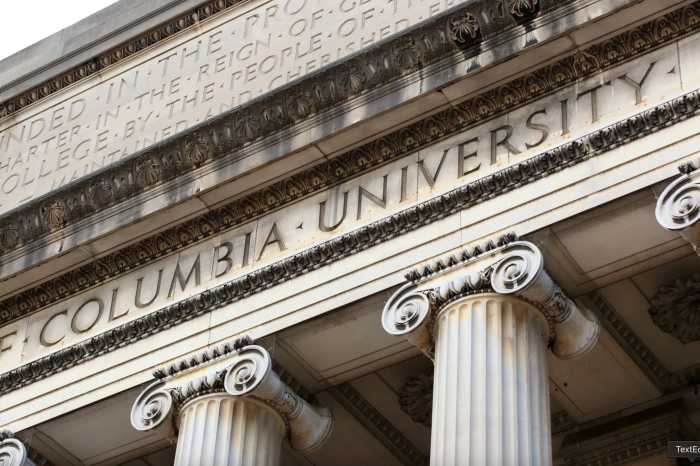ABA president James Silkenat. | AMERICAN BAR ASSOCIATION
The president of the American Bar Association, who was set to be the keynote speaker at a daylong New York conference on November 18 about investing in Russia, has withdrawn from the event. After pressure and entreaties from gay leaders, an ABA spokesperson said that James Silkenat will not be speaking at the forum.
The spokesperson issued the following statement from Silkenat late on November 7: “I remain committed to engaging with those in Russia who are working to put an end to human rights abuses in their country, and I will look for effective ways to oppose Russia's policies and practices that oppress the LGBT community.”
Silkenat’s pullout comes during a week of increasingly dire reports of the persecution of gay people in Russia and a general crackdown on dissent, especially in Sochi, the site of the Winter Olympics in February.
American Bar Association's James Silkenat underscored his opposition to anti-LGBT laws
The November 18 forum is planned by a group called Russian Center of New York that held a similar forum at the Princeton Club on October 28 that was picketed by Queer Nation, whose members inside the event asked why anyone would want to invest in Russia given new laws that forbid public expression of being gay or even open discussion about homosexuality. One forum participant responded to the Queer Nation members by shouting, “Gays will be the death of Russia!” The anti-gay attendee was allowed to stay, the gay questioners removed.
The City of New York also recently asked that it not be listed online as one of the three co-sponsors of the November 18 forum, but a letter of welcome to the attendees from Mayor Michael Bloomberg — listed as a “testimonial” ––remained on the Russia Forum website (russiaforumny.com) as of November 8.
Bloomberg’s office has ignored repeated requests for comment on what role the city is prepared to play in combating the anti-gay crisis in Russia.
Gay activist Bert Leatherman, who successfully lobbied the mayor’s counsel, Michael Best, to get Bloomberg to pull the city’s endorsement, also pressed Silkenat and started a change.org petition to get him to pull out of the forum. Leatherman is also calling on Goodwin Procter New York, the law firm hosting the forum, to pull out. In an email message to Goodwin, he wrote, “Your promotion of investment in Russia seems analogous to advocating investment in Germany in the 1930s or South Africa in the 1980s.”
Queer Nation plans a protest outside the November 18 forum at 9 a.m. at the New York Times building, where Goodwin’s offices are located. Responding to Silkenat’s decision to withdraw, Queer Nation’s Ken Kidd wrote in an email, “LGBT activists have once again successfully shamed the Russian government and its representatives in front of the people with whom it had hoped to do business. In the future, we expect our allies to speak out against Russia’s anti-gay legislation directly to Vladimir Putin’s representatives rather than merely declining to be associated with them publicly.”
Leatherman, who is studying in Brazil, explained he was inspired to get involved by online video of Queer Nation’s confrontation with the Russia Forum at the Princeton Club. In an email, he wrote that he was “gratified” that Silkenat is “taking a principled stand” now, but chastised Goodwin for “collaborating with Russia Day 2013” at the New York Stock Exchange, calling the firm’s actions “hurtful to me as a young gay law school grad, but the pain I feel is nothing compared to the physical and psychological violence LGBT teens in Russia feel when they are abducted and tortured by neo-fascist gangs operating with impunity thanks to a wink and a nod from President Putin.”
It was never clear why Silkenat was asked to keynote the address, though his international business is a big part of his work as a corporate lawyer at Sullivan & Worcester. But the forum’s listing him in his capacity as president of the ABA made him a target of protest.
State Senator Brad Hoylman, an out gay West Side Democrat, spoke with Silkenat on November 5 and said at that time that the ABA president was going ahead with his keynote. “He believes he can make more of a difference speaking out at the conference in opposition to the anti-LGBT statutes,” Hoylman said. “I told him I strongly disagreed and that it was morally and strategically wrong to do so and that he should not do so as president of the ABA, which has a sterling record of support for LGBT causes in recent years.” The ABA authored an amicus brief in support of Edie Windsor’s successful challenge to the Defense of Marriage Act at the Supreme Court.
“I told him that if he withdrew in his capacity as president of ABA it would send message to the Russian Federation that there are big repercussions in the international investment community as a result of the anti-LGBT laws,” Hoylman said. “It is as it was during the apartheid years. Companies that professed constructive engagement made a healthy profit when they should have joined international boycotts. History has proven that Margaret Thatcher and Ronald Reagan were wrong” in their opposition to divestment from apartheid South Africa.
On October 24, Hoylman and other gay elected officials, including Assemblywoman Deborah Glick, City Council Speaker Christine Quinn, and Councilmen Jimmy Van Bramer and Daniel Dromm, wrote a letter to New York State Comptroller Tom DiNapoli calling for divestment from Russia by the state employees’ pension funds –– a call made earlier by out gay Assemblyman Daniel O’Donnell. While DiNapoli has urged Olympic sponsors to speak out against the Russian anti-gay laws, he claimed he cannot initiate divestment from Russian holdings given his fiduciary obligations to maximize pension fund earnings.
As late as the afternoon of November 7, Silkenat told Gay City he would use his address as a “chance to show support for the gay and lesbian community in Russia” and that he wanted to take advantage of “any chance to talk about the rule of law issues that are an impediment in Russia.”
But an hour later, he made the decision to pull out.
In other developments in the Russian crisis this week, an LGBT social center in St. Petersburg was invaded on November 3 by anti-gay thugs with baseball bats and a pneumatic gun with which they opened fire. Activist Dmitry Chizhevsky was shot in the eye, and doctors say he will lose it. From his hospital room, Chizhevsky pledged to fight on. Police originally came to the scene and said there was no crime, but Chizhevsky’s hospitalization has legally compelled them to open an investigation.
In Sochi, Norway’s TV2, which is the official network of the Winter Games for that nation, had a crew doing pre-Olympic stories repeatedly detained by the police and aggressively questioned about their personal lives, sources, work plans, and religious beliefs. They were also denied the chance to call their embassy in Moscow.
In Britain, where Putin pal Valery Gergiev is conductor of the London Symphony, his concert on October 31 at the Barbican was disrupted by gay activist Peter Tatchell, who prior to Gergiev’s entrance, “strode to the stage, dressed in a tuxedo, which led some in the audience to initially assume he was a Barbican spokesperson making an official announcement.” According to a release from Tatchell, he condemned Gergiev as “a friend, ally and supporter of the Russian tyrant Vladimir Putin,” going on to detail Putin’s crackdowns on gay people and dissent in general.
Tatchell said he was “manhandled” off the stage “to some slow hand claps but mostly to applause.”
Gergiev wrote in a Facebook statement that he had gay friends and was aware of Tatchell’s protest. “I have said before that I do not discriminate against anyone, gay or otherwise, and never have done, and as head of the Mariinsky Theater this is our policy,” he said.
But, the New York Times online arts blog wrote, “While Mr. Gergiev said in the statement that he had never supported anti-gay legislation, he did not specifically take a position on the recent Russian law.” Gergiev, who was protested by Queer Nation at the Metropolitan Opera gala this fall and at Carnegie Hall, was also a vocal supporter of the arrest and imprisonment of the group Pussy Riot in Moscow.
Queer Nation’s Andrew Miller told the Times, “The issue is not whether Valery Gergiev has gay friends or co-workers, but rather that he has been an ardent supporter of Vladimir Putin, for whom he campaigned. It is Putin’s anti-LGBT laws, which have essentially made being gay illegal in Russia and led to arrests of and horrific violence against gay Russians, that he must denounce if he wants to be a true friend of the LGBT community. Until then, he is merely Putin’s collaborator.”
Activist Sarah Schulman, on a speaking tour in Russia with the ACT UP movie “United in Anger,” wrote, “We asked the audience what they wanted” from foreign activists concerned about their plight and were told to use the word “fascism” in describing the Putin regime and to “boycott Russian government projects but actively support Russian activism and events.” Schulman added that she was told that “protests in the West help Russian queers in terms of morale” but, ominously, that “after the Olympics things will get worse.”

